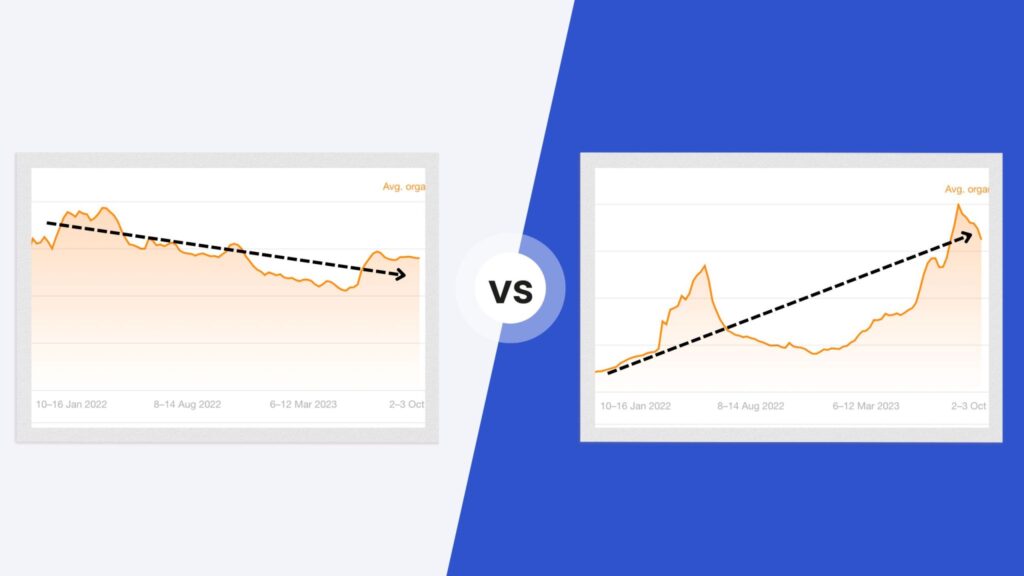Table of Contents
This month’s SearchLite intro was written by Content Manager, Skye Sonnega
Hello, hello!
The leaves have fallen, we've had our first way-too-early snow storm, and I don't know about you, but I'm feeling all of the cozy November vibes.
Besides it being peak soup and spooky season, October was another action-packed month at Uproer! We welcomed a new Senior SEO Analyst to the team, Kyle Werle. Kyle lives in Burlington, VT, and is coming to us with seven years of SEO experience. We're pumped to have him aboard! In other news, Uproer's SEO Director, Kavi Kardos, also came to visit the office in-person. We showed Kavi around the Twin Cities, and made sure to hit up some of our favorite breweries along the way.
Before we dive in, Uproer's Paid Media Manager, John Smith, is speaking at MNSearch next Wednesday (11/15)! John will be giving his "rant" on creating better and more resilient PPC strategies. Visit this link to snag virtual and in-person tickets.
This week, Griffin shared his takes on why some SaaS companies fail at SEO. Let's get started!
I’ve worked with tons of SaaS companies. Some earn insane SEO growth. Others… well, don’t. Why? Here are the 5 biggest reasons why SaaS companies fail at SEO 👇
1️. Company leadership is stifling SEO innovation
“I just Googled [keyword] and we’re ranking 9th. Fix it!” If you’ve heard a variation of this from the C-suite, your SEO program is likely dated through no fault of your own.
A busy executive’s SEO knowledge has a cutoff date. And, if they’re not the type to trust marketers to do their jobs, that’s where SEO innovation gets stuck for the organization. The irony is that this is the real reason why the company isn't ranking where it wants to be!
2️. Your SEO strategy is reactive
SEO is a long game that is won through a proactive, consistent approach. When your “strategy” centers on what competitors are doing, Google’s algorithm updates, or the latest SEO hype, then you’ll always be playing from behind. In this scenario, near-term reactionary tactics take time away from the longer-term initiatives that would otherwise drive incredible value.
3️. SEO is being treated as a checklist, not a strategic marketing channel
Too often, SaaS companies are fixated on improving some inconsequential “SEO score.” When your SEO work is being dictated by an auditing tool, you’ll be disappointed with the results. At Uproer, we call this the “random acts of SEO” approach. On the other end of the spectrum are winning SEO strategies that align with organizational goals.
4️. SEO doesn’t have a seat at the table
This is a problem that exacerbates points 2 and 3. If marketing and website decisions are being made without SEO input, then you’re doomed to fail. With SEO at the table, you create an environment for strategic alignment and proactive decision-making.
5️. SEO is not a good investment for every SaaS company
This is a rare occurrence, but it does apply to some SaaS companies. SEO is a “pull” channel that positions you in front of existing demand for a product. If your product is defining a new market for which demand doesn’t yet exist, you may find that a limited marketing budget isn’t best spent on SEO (at least not at the start).


